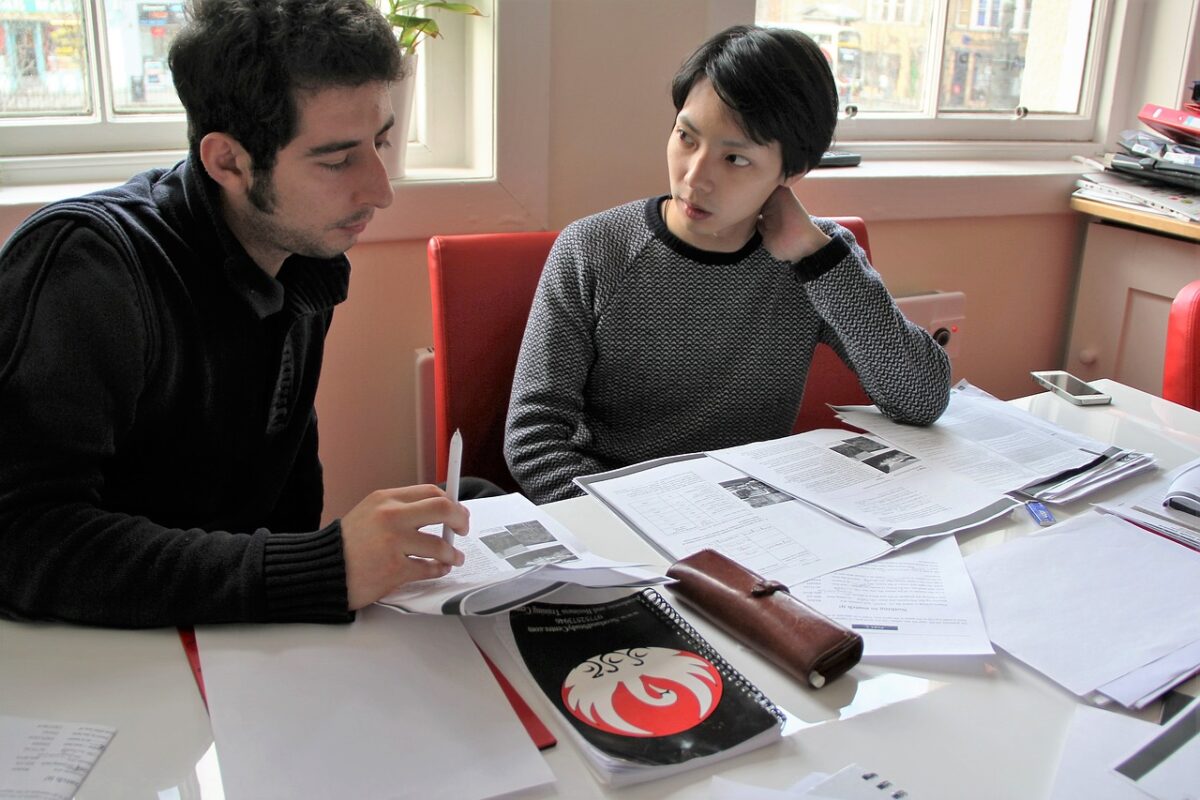Tackling Language Barriers While Studying Abroad

How Students Can Overcome Foreign Language Difficulties
Learn to become comfortable speaking the native language of the country you’re studying abroad in! Here are tips to help with the shock of sudden language immersion.



No matter how much preparation your college-level foreign language class offers you, there is still always a certain level of culture shock associated with entering a country that speaks that language. Fortunately, there are ways to overcome language barriers while studying abroad!
Take an Extra Language Class while Abroad
Universities usually offer language refresher courses or beginner-level language courses for international students. If the university itself does not offer a class, look for independent language schools in the city where you will be living to see if they have something you’d be interested in.
Make Friends with Native Speakers
Most of the students at whichever university you choose to spend a semester or year will usually be native speakers of the country’s language. Chat with the person who sits next to you in your history lecture before class starts, or grab coffee with a couple of people who live in your dorm.
If you live with a host family, that’s a fantastic opportunity to improve your conversation skills in the language. Even a little bit of interaction can be great practice for you, and it’s a wonderful way to begin new friendships.
Get a Tutor or Tandem Partner
Don’t be afraid to ask for help! Most universities offer tutoring services. Many also offer the opportunity to have a tandem partner, which is a native speaker looking to improve his or her abilities in your native language. The partner speaks to you in your language, while you speak to your partner in his or her native language.
Join a Club or Team
Universities in other countries have sports and extracurricular activities too like touring in Basel Switzerland, going for a walk or taking part in the adventure! There may even be other international students involved, or a club may be specifically geared toward international students. In that case, most club or team members are probably not native speakers, so you can all get comfortable practicing the language with each other, uninhibited and without any worry of making mistakes. That and language classes are the closest environment to your language course back at home.
Learn the Local Dialect
Unless you’re in a town that speaks the same standard textbook language dialect you learned (and really, how likely is that?), the locals will talk with accents and slang that may be unfamiliar to your ears. Go hang out in a small, locally-owned restaurant or bar frequented by students and others, start a conversation with someone you meet while running errands around town, or just ask one of your native-speaker friends about how most people in the area talk.
Pursuing any one of the above bits of advice can help improve your language ability, or at least make you more comfortable with the language of the country you’re studying in. And all of them are great avenues for making new friends and experiencing new and exciting things in the middle of the fantastic adventure that is studying abroad.











Responses